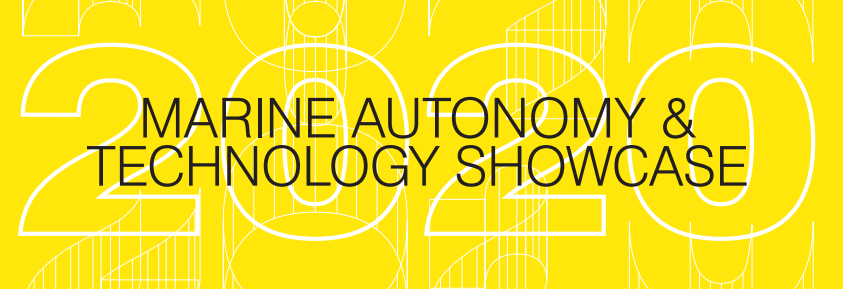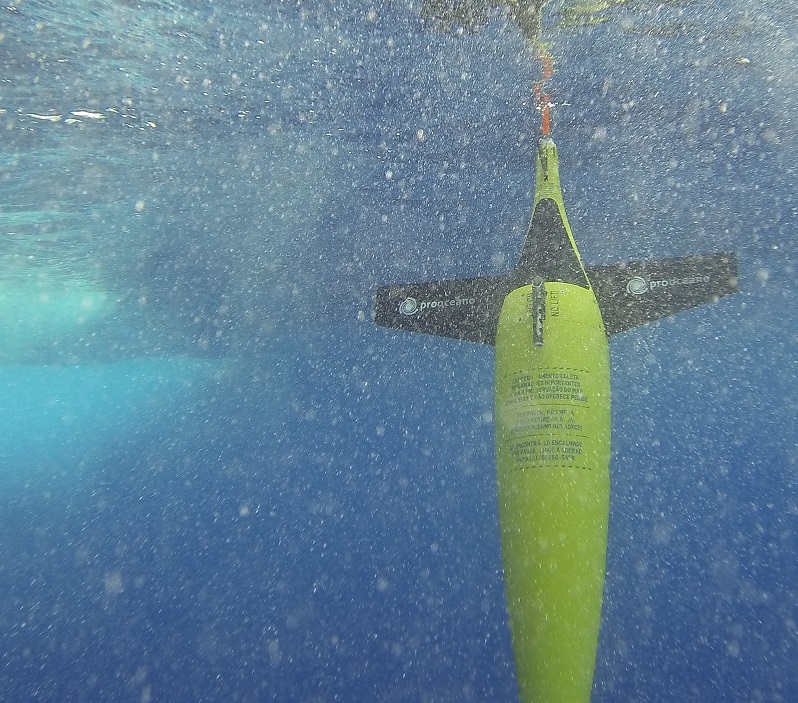CLS will attend Marine Autonomy & Technology Showcase (MATS) 2020
- November 2, 2020
- Category: Event

CLS Team will be virtually present during all the Marine Autonomy & Technology Showcase (MATS) 2020. Dr Marc Lucas, CLS oceanography expert, will talk about autonomous systems at Projeto Azul, on November 12th, 2020 at 11:40am.
About Projeto Azul
Since 2013, Prooceano, subsidiary of CLS, has been piloting gliders at the Projeto Azul, a public-private partnership to develop an Ocean Observation System in Southeastern Brazil.
The project is led by the Federal University of Rio de Janeiro within the scope of the Brazilian National Agency of Petroleum, Natural Gas and Biofuels (ANP) R&D levy program.
Projeto Azul gliders provide useful observations across the Brazil Current. This western boundary current system dominates the ocean circulation over the ultra-deep pre-salt oil reservoirs in Santos Basin. The historical lag of in situ data hindered the knowledge of many fundamental aspects of its dynamics and the quality of local ocean forecasts.
With the Projeto Azul glider observations, a data assimilation scheme was developed for a regional grid and provided significant improvement over available global models. On an operational basis, glider data is used by the Projeto Azul team to support the planning and decision making of oil and gas activities in the area.
Future developments of Projeto Azul include deploying an Autonomous Surface Vehicle equipped with meteorological and wave sensors, broadening the spectra of real-time metocean parameters available, and allowing for more comprehensive support of ocean operations in the area.

CLS: A Partner to the Oceanographic Community for 30 years
Thanks to ARGOS & IRIDIUM, CLS, a subsidiary of the French Space Agency (CNES) provides ocean data telemetry solutions for a broad spectrum of applications including ocean modeling, metocean platform monitoring, plastic tracking and more.
CLS, ever closer to its users, has sought to serve them better and to this end has created Kinéis. With the support of CNES, CLS is working to develop a completely new generation of dedicated ARGOS satellites called KINÉIS. This constellation of 25 nanosatellites should be launched in 2022 and will revolutionize the system (multiplied capacities, miniature and low-cost equipment & service).
In order to continue to meet the needs of its customers, CLS is currently designing low-cost generic ARGOS trackers to track your SURFACE and SUBSEA platforms.
On the same level, CLS will provide IRIDIUM NEXT services & hardware at a top level top level of service and enabling users to transmit more data in real time.
